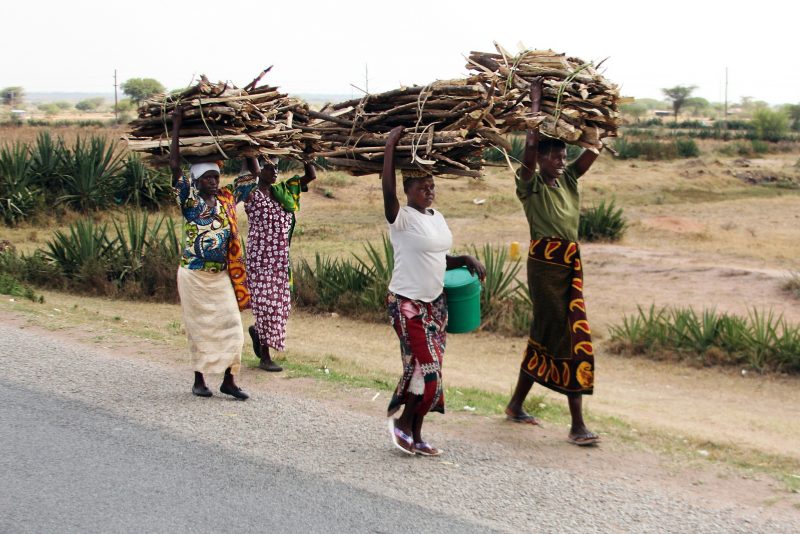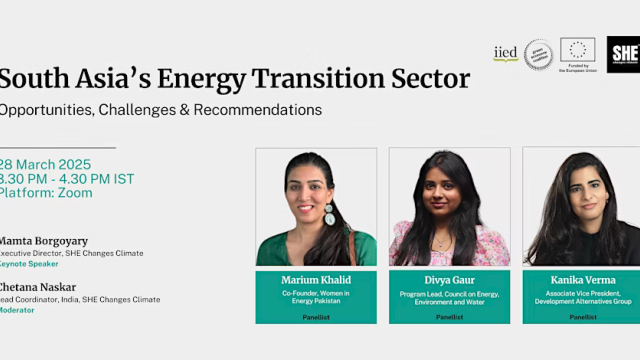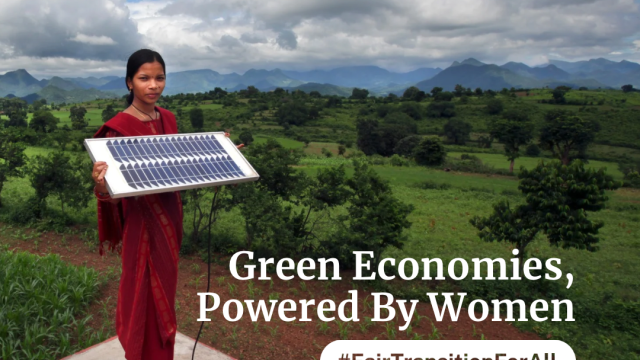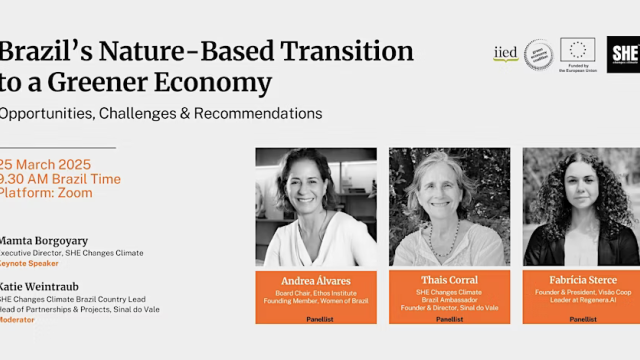The snark of inclusive growth

On Thursday we will receive the report from the United Nations General Assembly meeting that has been running in New York since last week. One of the major agenda items has been defining Sustainable Development Goals (SDGs) for the world, to replace the Millennium Development Goals (MDGs) that expire in 2015. Amidst the usual disagreements, ‘inclusive growth’ is one of the big ideas for the SDGs that the world’s leaders seem to agree on. It is an appealing idea but an elusive one.
Everyone likes the idea of a new kind of economic growth that helps the poor, not just the wealthy and the burgeoning global middle class. 'Inclusive growth' speaks to the problem that though economic development has lifted a billion people out of poverty, it has also left a billion people behind, the majority of which live in middle income countries. It also speaks to the rising tide of concern in rich countries about inequality, since those at the top of the pile have taken the lion’s share of the upside in the boom years and little of the downside in the bust. Yet the quest for inclusive growth, like the pursuit of Lewis Carroll’s mysterious ‘snark,’ brings real dangers.
In Carroll’s poem the snark hunters have a map of the oceans to guide them—a blank sheet of paper. The sustainable development hunters also have a map: the report of the High Level Panel on the post-2015 development agenda, a piece of work led by David Cameron and the Presidents of Indonesia and Liberia. However, it is a document that leaves too many questions unanswered. Indeed, the biggest blank space is the report’s description of inclusive growth.
The High Level Panel’s targets for achieving inclusive growth are jobs, education, infrastructure, and a better business environment. There’s nothing wrong with these per se, but why these four areas in particular? Would meeting these targets really address inequality? Are these any different from what was in the Millennium Development Goals? Perhaps most controversially, for the media at least, does inequality matter at all? The danger is that we end up with a meaningless rag-bag of lowest common denominator measures united only by the inclusive growth wrapper that is put around them.
The challenge for the world’s leaders is to get beyond the platitude of inclusive growth and figure out what sustainable development really means for countries rich and poor alike. Environmental sustainability must be central, of course. But we also have to define our social goals precisely, including but also going beyond the basic needs set out in the Millennium Development Goals. This is where the Social Progress Index is trying to make a difference. It attempts to capture the holistic sense of the different dimensions of what makes a good society. As well as the basic poverty issues of the MDGs, the Social Progress Index also highlights big issues that, though urgent, are not currently on the agenda for the Sustainable Development Goals: obesity (a global epidemic, not just a problem for the usual suspect fatties of America; Mexico and Egypt have higher levels of obesity than the U.S.); gender equity (which goes far beyond basic reproductive rights and access to primary education); and, minority rights (the opportunity for every citizen to get on with their life free from discrimination is an essential part of wellbeing).
Carroll’s snark hunters are warned to beware the dangerous ‘boojum.’ The poem ends when one of them finds the snark but then disappears (“For the snark was a boojum, you see”). If the world’s leaders persist with the pursuit of the snark of inclusive growth as the answer to all our ills, they may find that it is a boojum—that the targets are either meaningless or elusive and that the grand coalition of government, business and philanthropy that has been assembled to rise to this challenge will “softly and suddenly vanish away, and never be met with again.”
Michael Green is the Executive Director of the Social Progress Index whose website this blog was originally published on


